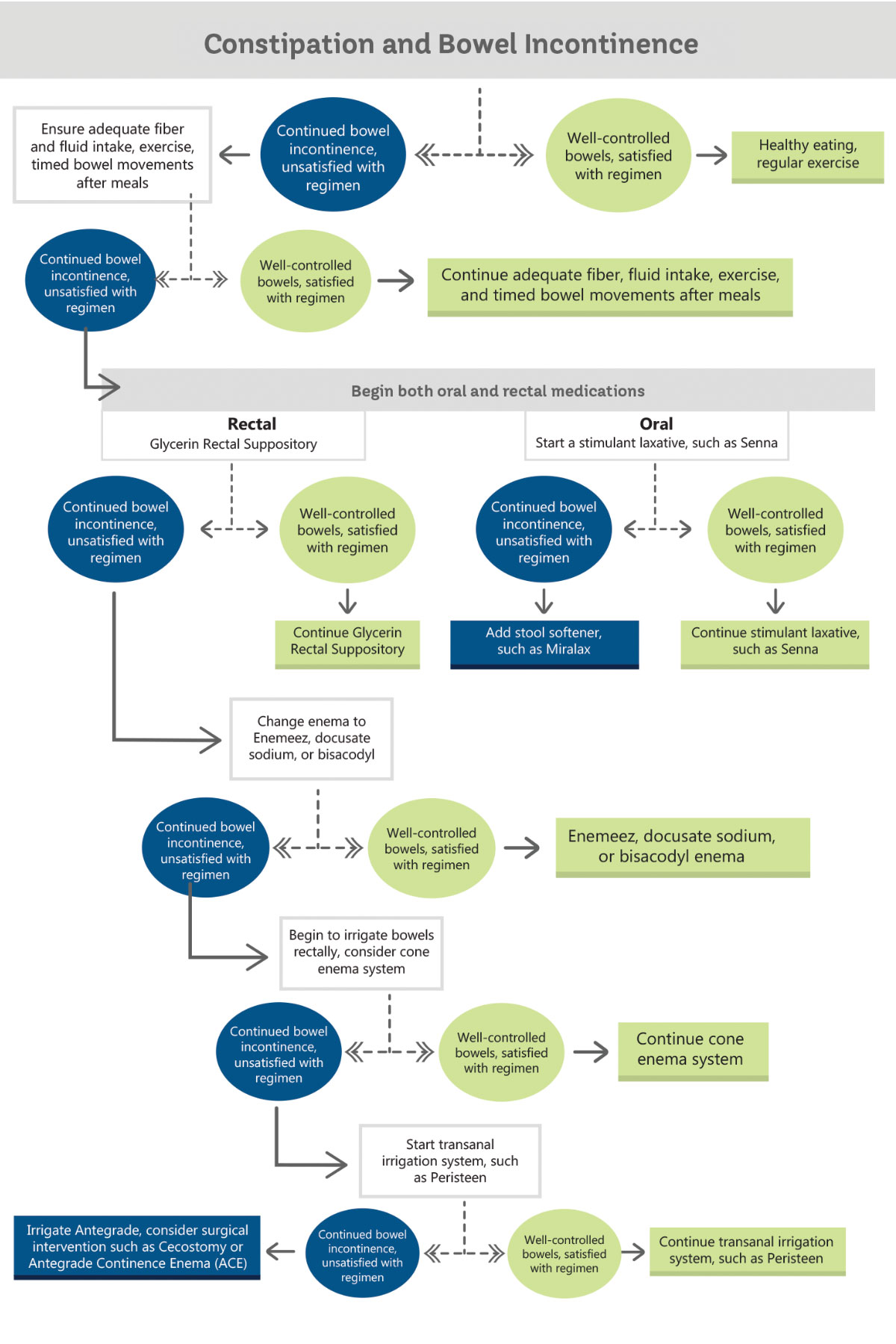Color Theory
Combination of color schemes, designs, words, etc., that a firm employs to make a visual statement about itself and to communicate its business philosophy. It is an enduring symbol of how a firm views itself, how it wishes to be viewed by others, and how others recognize and remember it. Unlike corporate image (which is ‘in there’ changeable mental impression), corporate identity is ‘out there’ sensory-experience conveyed by things such as buildings, décor, logo, name, slogan, stationery, uniforms, and is largely unaffected by its financial performance and ups and downs in its fortunes. Corporate-identity is either strong or weak (not positive, negative, or neutral like a corporate image) and is more or less permanent unless changed deliberately.






